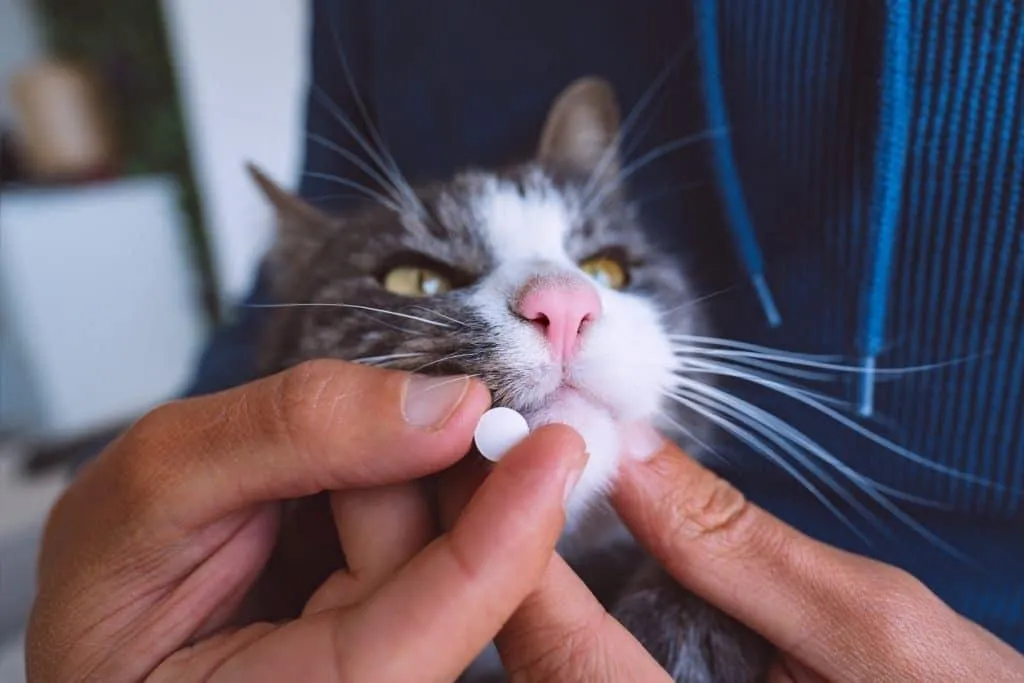

Worming
Cats can be susceptible to various types of worms, and these infestations are common among domestic felines.
Worms in cats are typically categorized into several main types, each with its own characteristics, causes, and treatments.
Here's an overview:
Roundworms (Toxocara cati):
Causes: Cats can become infected with roundworms by ingesting eggs from contaminated soil, faeces, or other infected animals.
Symptoms: Signs of roundworm infestation may include vomiting, diarrhea, a distended abdomen, and visible worms in the cat's faeces or around their anus.
Treatment: Deworming medications are very effective in treating roundworms, and regular deworming is recommended for all cats, especially kittens.
Tapeworms (Dipylidium caninum and Taenia spp.):
Causes: Cats typically acquire tapeworms by ingesting infected fleas or hunting small rodents.
Symptoms: Tapeworm infestations can cause rice-like segments to be seen in a cat's faeces or around the anal area. Some cats may experience weight loss.
Treatment: Medications are effective in treating tapeworms. It's also important to address any flea problems the cat may have, as they are often the source of the infestation.
Hookworms (Ancylostoma and Uncinaria spp.):
Causes: Cats can become infected with hookworms through skin penetration, ingestion of infected prey, or by coming into contact with contaminated soil.
Symptoms: Symptoms may include diarrhea, anaemia, weight loss, and lethargy.
Treatment: Deworming medications, along with supportive care for severe cases, are used to treat hookworm infections.
Whipworms (Trichuris vulpis):
Causes: Cats can become infected with whipworms by ingesting contaminated soil or faeces.
Symptoms: Symptoms are less common in cats compared to dogs, but they may include diarrhea and weight loss.
Treatment: Specific deworming medications are used to treat whipworm infections.
Heartworms (Dirofilaria immitis): (NOT found in the UK!)
Causes: Heartworms are transmitted through mosquito bites. While they primarily affect dogs, they can also infect cats.
Symptoms: Symptoms can include coughing, lethargy, and weight loss.
Treatment: Treatment for heartworms in cats is more challenging than in dogs, and prevention is a better approach. Regular use of heartworm preventatives is essential for cats in endemic areas.
Heartworms are thankfully not found in the UK, but are a risk for cats that travel abroad – although cats are at a much lower risk than dogs.
Transmitted by mosquitos, these parasites can cause serious illness and even death, so precautions should be taken for any cats who leave the UK or are adopted from overseas.
Prevention and regular de-worming are crucial in maintaining your cat's health. Consult with your veterinarian for a proper diagnosis and treatment plan if you suspect your cat has worms. Routine de-worming, especially for kittens, is common as a preventative measure. Maintaining good hygiene, and controlling fleas can help reduce the risk of worm infestations. It's important to follow your vet's advice on de-worming schedules and preventive measures tailored to your specific cat's needs. As with everything else, prevention is better than cure!